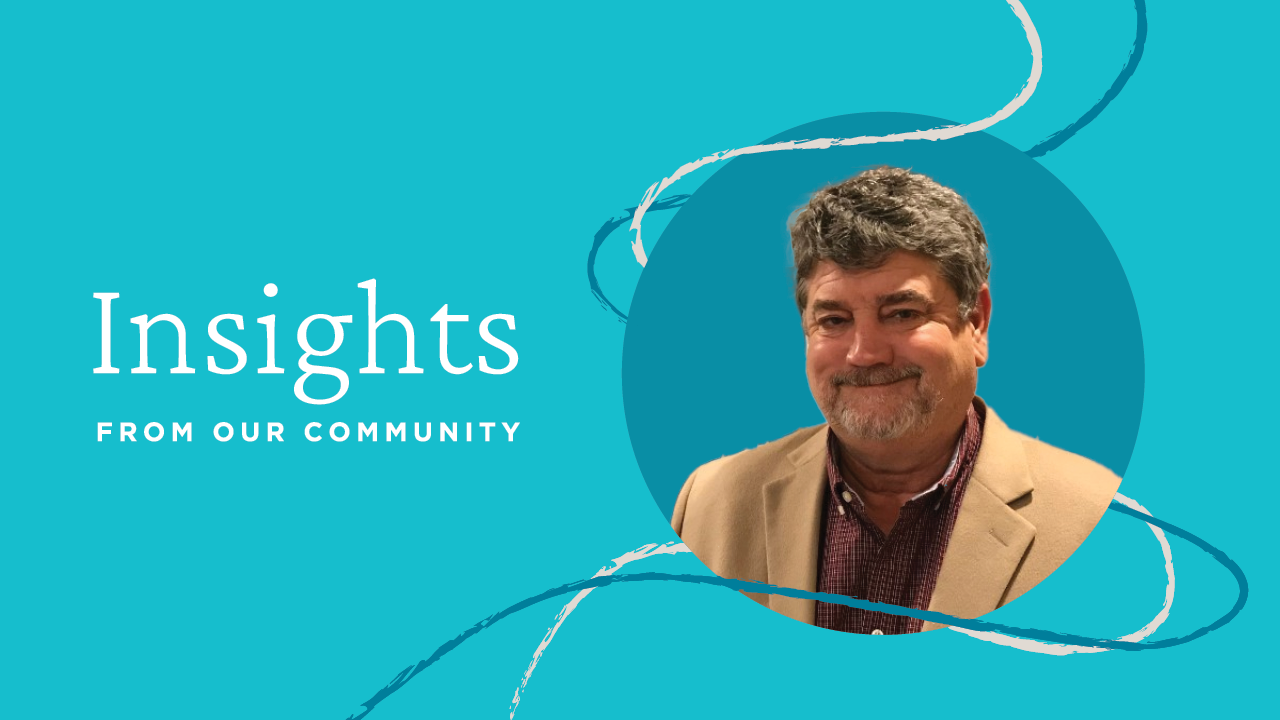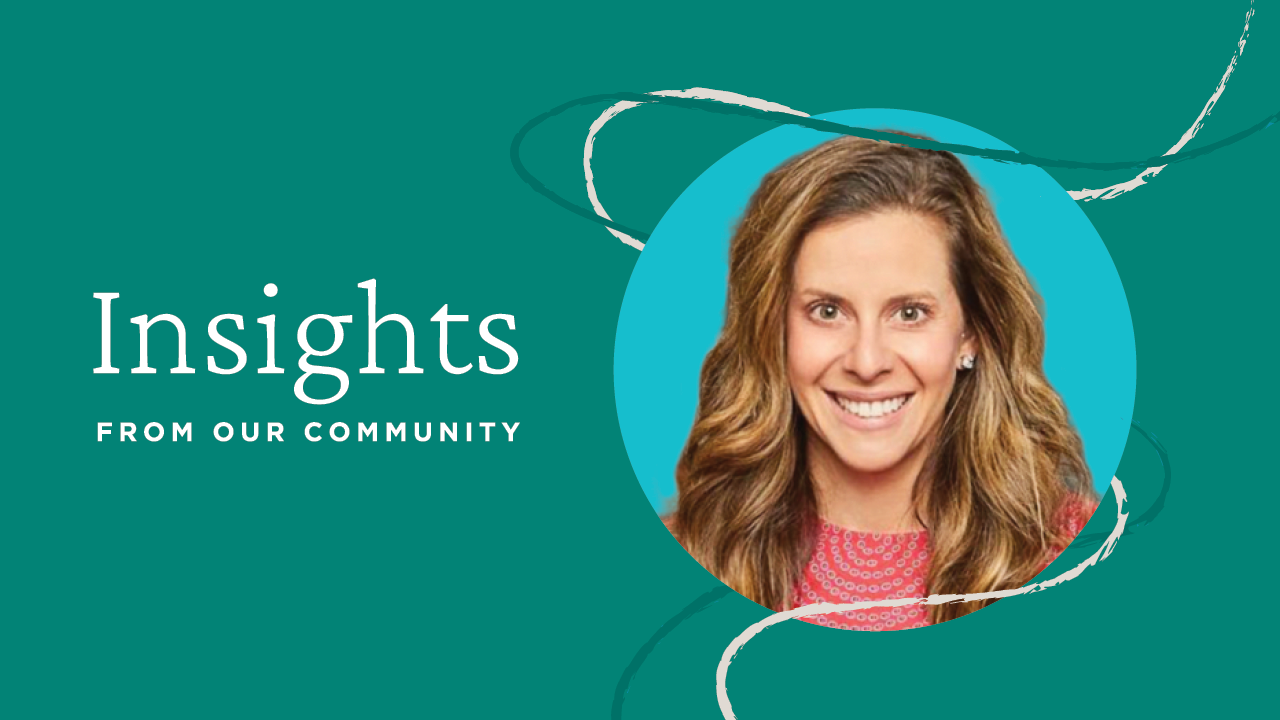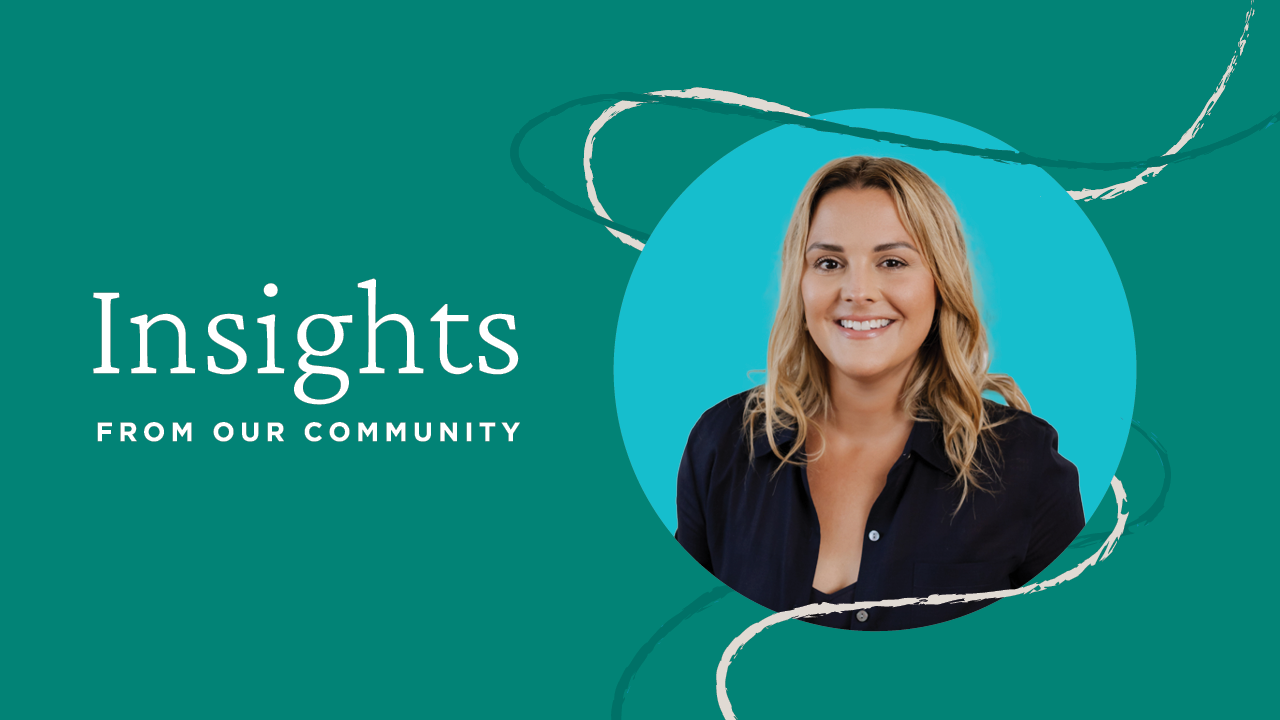A dive into the next step with consultant Nathan Havey
Nathan Havey is the co-creator and lead facilitator of the Conscious Capitalism Consultant Certification Program. He has been a longtime consultant to BIGGBY COFFEE. Today, Nathan’s work is focused on the “next step” for integrating BIGGBY’s higher purpose throughout the company’s operations.
“It was 4:00 p.m. on Thursday, December 14th, 2017, and the meeting stood adjourned. The leadership team was exhausted. But before leaving, they paused to savor the moment … Biggby Coffee had found its purpose. Now the real work could begin.”
Those words were printed in the April 2018 issue of Conscious Company Magazine at the end of a lengthy article detailing the purpose journey of BIGGBY COFFEE, a large Midwestern franchise. It’s been more than three years since BIGGBY completed the work of articulating its purpose and an ambitious vision for what the company would achieve in the following decade and I wish I could say that everything has gone perfectly. But I can’t.
Like many Conscious Capitalists, BIGGBY Co-CEO’s Bob Fish and Mike McFall have struggled to integrate their higher purpose into their organization. In agreeing to share the details of those struggles it is their hope (and mine) that other companies can shorten their path to making their purpose the beating heart of their organization.

Applications accepted through March 15th. Click here to learn more and apply.
A life you love
BIGGBY found its purpose through months of inclusive conversation with the people who work in its corporate office. Rather than having a small group come up with it in a weekend retreat somewhere, company leaders believed that an inclusive process would take longer at first, but then make it much easier to implement the purpose because everyone would already be “bought in” since almost everyone had helped to create it:
BIGGBY COFFEE Exists to Support You in Building a Life You Love.
But BIGGBY did not stop there. They believed that they had better be able to define what they meant by “a life you love” and after much more open conversation and debate, they aligned on four key elements that likely function as building blocks for a life you love:
- A sense of belonging
- Physical, emotional, mental and spiritual vitality
- Knowing who you want to be
- The ability to exceed your basic needs
But BIGGBY went further still and got alignment on a vision that the company would achieve by the end of December, 2027. They would set in motion events that would change workplace culture in America by achieving two results:
- 90% of people working inside the BIGGBY franchise system would emphatically agree that BIGGBY was supporting them in building a life they loved, and
- They would have grown 10x in the decade to cross $1B in revenue.
If they achieved the first goal, they would unquestionably be living their purpose. But if they did it without impressive financial returns they believed that no one outside of the company’s immediate stakeholders would care much. Bob, Mike and the rest of the team had been really moved by the notion of a “heroic” purpose to which Conscious Capitalists aspire and they wanted to be a part of making workplaces more conscious everywhere.
If they could become a billion-dollar company in 2027, they would be one of the fastest-growing franchises in history. That would get people’s attention. Then BIGGBY would get to tell the world how caring for people and helping them to build lives they loved had been their secret sauce. And in that moment BIGGBY would be ready to teach other leaders how to change their own workplaces.
It was inspiring and it was objective and everyone in the corporate office “got it” because they had been a part of creating it. Or so it seemed.
Fast forward to 2020
By the end of Q2, 2020, BIGGBY had mostly recovered from the COVID lockdowns thanks in large part to franchise owners and the corporate office rallying around the purpose to guide the COVID response. The company was seeing financial growth numbers that had it on track to the billion-dollar goal, now seven years out.
Despite having created a new department to help drive the purpose forward, launching highly-regarded workshops to help people level up in the four key elements of a life you love, as well as near-constant cheerleading from Bob and Mike internally and externally, including a TEDx talk, it felt like the people side of the Purpose and Vision was still a saddlebag, hanging over the company, rather than a core part of it.
Training for store leaders did not incorporate it in any meaningful way, and the same was true of the process for franchise sales. Despite some regression in scores from the annual culture survey, monthly tracking from the corporate office staff on the question Is BIGGBY Supporting You in Building a Life You Love? were consistently very strong. Not 90% emphatically strong, but 50% and even higher.
So where was the disconnect? Why weren’t people taking the initiative to bring the purpose and vision deeper into the operations of the company?
When Mike posed this question to one of the other company leaders, the reply Mike received shocked him: Maybe it’s because you don’t care about your purpose enough.
To say that Mike was incensed is putting it lightly. After all, the investment of time and energy he’d made personally to spend two years developing the purpose and vision (not to mention the massive investment of staff time), and then the further investment of talking about it every chance he got over the preceding three years was simply huge. Possibly the largest investment the company had made in anything in its recent history. How could this leader that Mike respected deeply say such a thing?
What gets measured, gets managed (or does it?)
If you sit in on a leadership meeting at BIGGBY COFFEE and pay close attention to what is getting measured, you’ll see an obsession with performance metrics like Average Beverage Check, Daily Cup Count, Franchise sales, and Store openings. The line of sight on that side of the company is pretty clear. To hit $1Billion in 2027, the company must hit a franchise sales target each quarter, and the better the existing stores perform, the easier it is to sell more of them. The operations and marketing teams are all focused on cup count (how many cups are sold per store/per day) and on the average beverage check amount (a few more cents per transaction on average can make a huge difference to the monthly P&L for each store.
On the purpose side of the company, the metrics are not quite as clear. There is an annual culture survey that is for the corporate office staff, and there is a monthly pulse on the purpose question that is open to the whole system, but really only sees participation in any numbers from employees in the home office. That’s it. And truth be told, there isn’t much obsessing to be seen over those metrics. That is why a perception existed that the leadership team must care more about the financial performance of the company than the purpose. Ouch.
Choose metrics carefully
Hard truth has a way of motivating and the last few months have been very active ones for the BIGGBY COFFEE purpose. BIGGBY believes that the key to fully integrating its purpose throughout its company is to focus on the details of the metrics it uses to measure its purpose. At the center of the activity is the question, what can we measure on the purpose side of the company that is as clear, objective, and actionable as the financial performance metrics?
Could it be participation in the Life You Love Workshops? We think not. That is a great proxy measure, but it doesn’t get to the heart of whether BIGGBY has truly created a workplace that in and of itself supports you in building a life you love.
Could it be attrition? Yes, but that is a trailing metric. Would BIGGBY settle for measuring store closures rather than knowing a store was struggling with plenty of time to save it? Why wouldn’t they want that early warning for people too?
What’s more, how can BIGGBY COFFEE expand the measures it has to really reach its entire system? And how can they get baristas to reliably and consistently engage with these measures?
This work is the next step on BIGGBY COFFEE’s Purpose journey that I am excited to explore with them.


